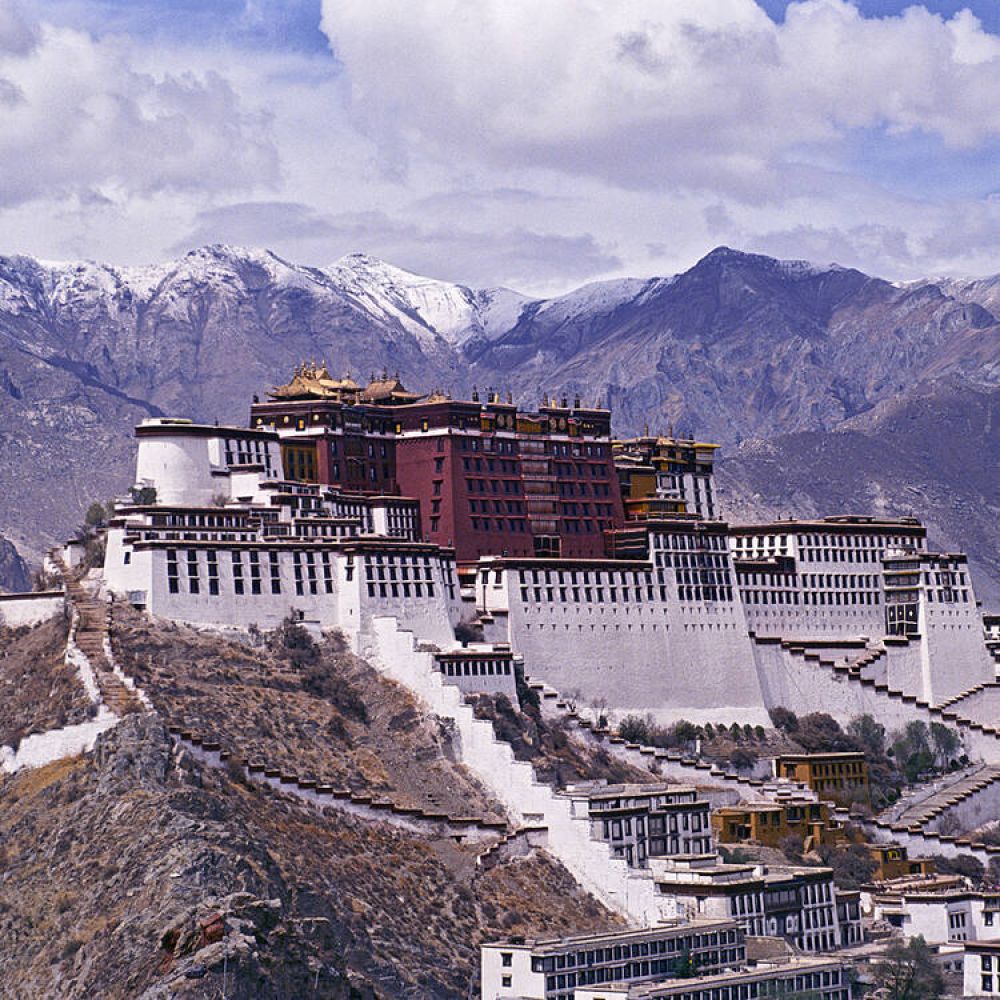Lhasa, the administrative capital of the Tibet Autonomous Region in China, is a city steeped in religious history and cultural significance. Located on the Tibetan Plateau at an altitude of 3,656 meters, it has the title of 'the roof of the world.' Lhasa is famous for its traditional Tibetan architecture, with the iconic Potala Palace as its most distinguished landmark. The palace was once the winter residence of the Dalai Lama and is now a museum and World Heritage site. The Jokhang Temple, another significant structure, attracts thousands of pilgrins each year, contributing to the city's spiritual atmosphere. Barkhor Street, surrounding the temple, offers a vibrant market scene, where traditional crafts, artwork, and local delicacies are abundant. Lhasa's remote location contributes to its preserved unique Tibetan culture, language, and customs. Despite modernization, the city remains a place where tradition and religion are deeply entwined with everyday life. Tourism is increasingly important, but access is sometimes restricted due to its sensitive political status. The city's high elevation requires visitors to acclimate to prevent altitude sickness. Lhasa enjoys a cold desert climate, with strong sunshine and cool temperatures year-round.

